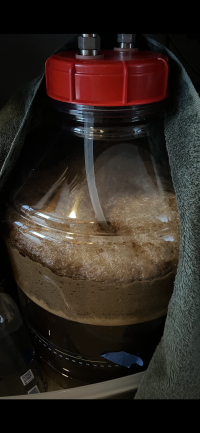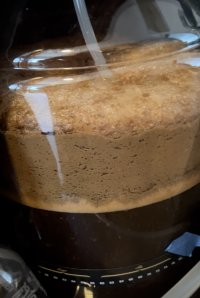Pick 1 and substitute a lager yeast suitable for the lower temperatures and see what happens. I am just about sure the result will enjoyable. Here is the heat wrap I use when my temps get too cold. Seemed to work well w/out further insulation keeping my beer @ ~68 while ambient temps were in low 50's a couple years back. My basement stays warmer now that it is occupied by my F-in law so cool is less of a problem.
https://www.northernbrewer.com/products/fermotemp-electric-fermentation-heater
https://www.northernbrewer.com/products/northern-brewer-dual-stage-temp-controller
https://www.northernbrewer.com/products/fermotemp-electric-fermentation-heater
https://www.northernbrewer.com/products/northern-brewer-dual-stage-temp-controller

















































![Craft A Brew - Safale BE-256 Yeast - Fermentis - Belgian Ale Dry Yeast - For Belgian & Strong Ales - Ingredients for Home Brewing - Beer Making Supplies - [3 Pack]](https://m.media-amazon.com/images/I/51bcKEwQmWL._SL500_.jpg)









